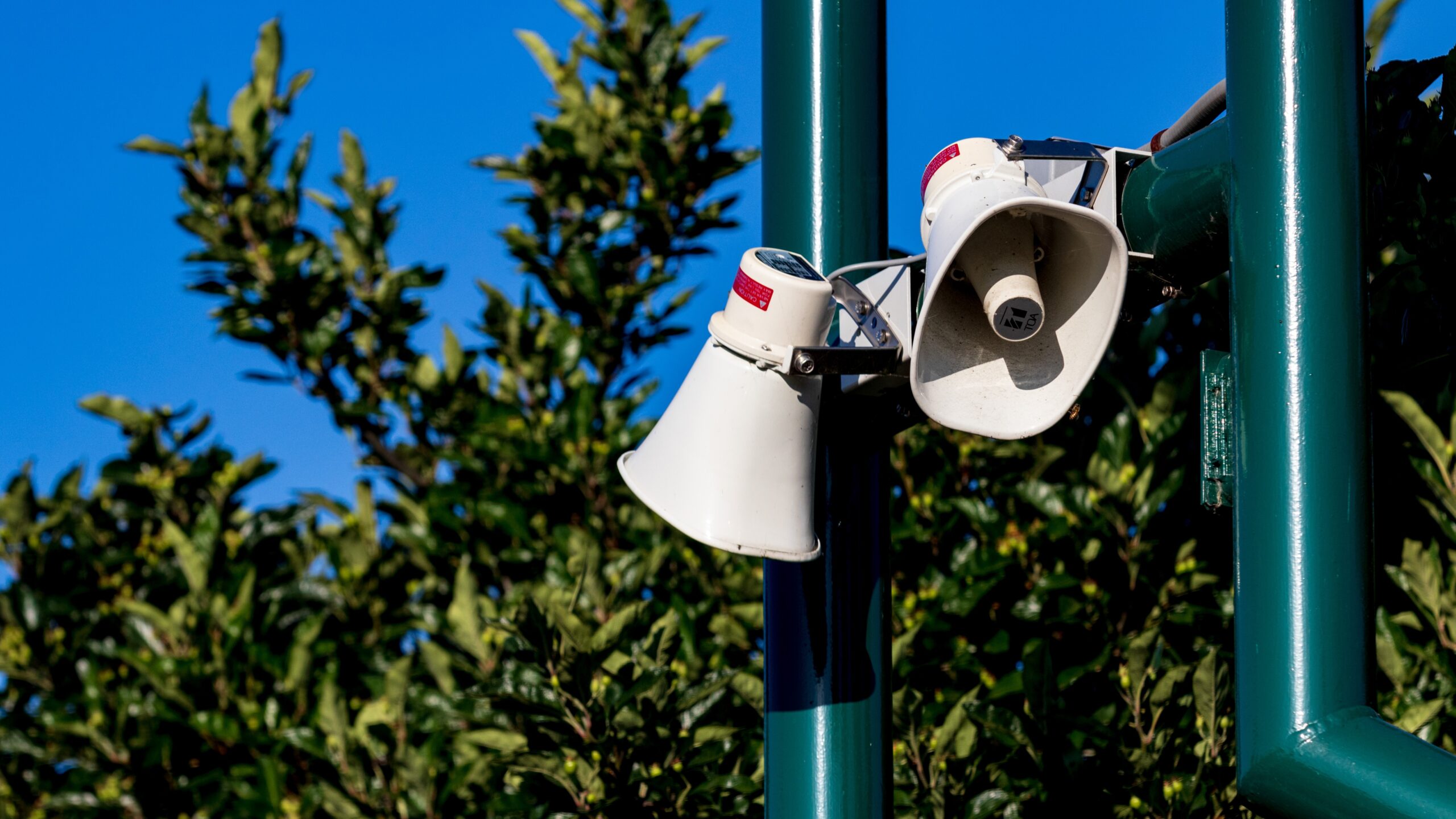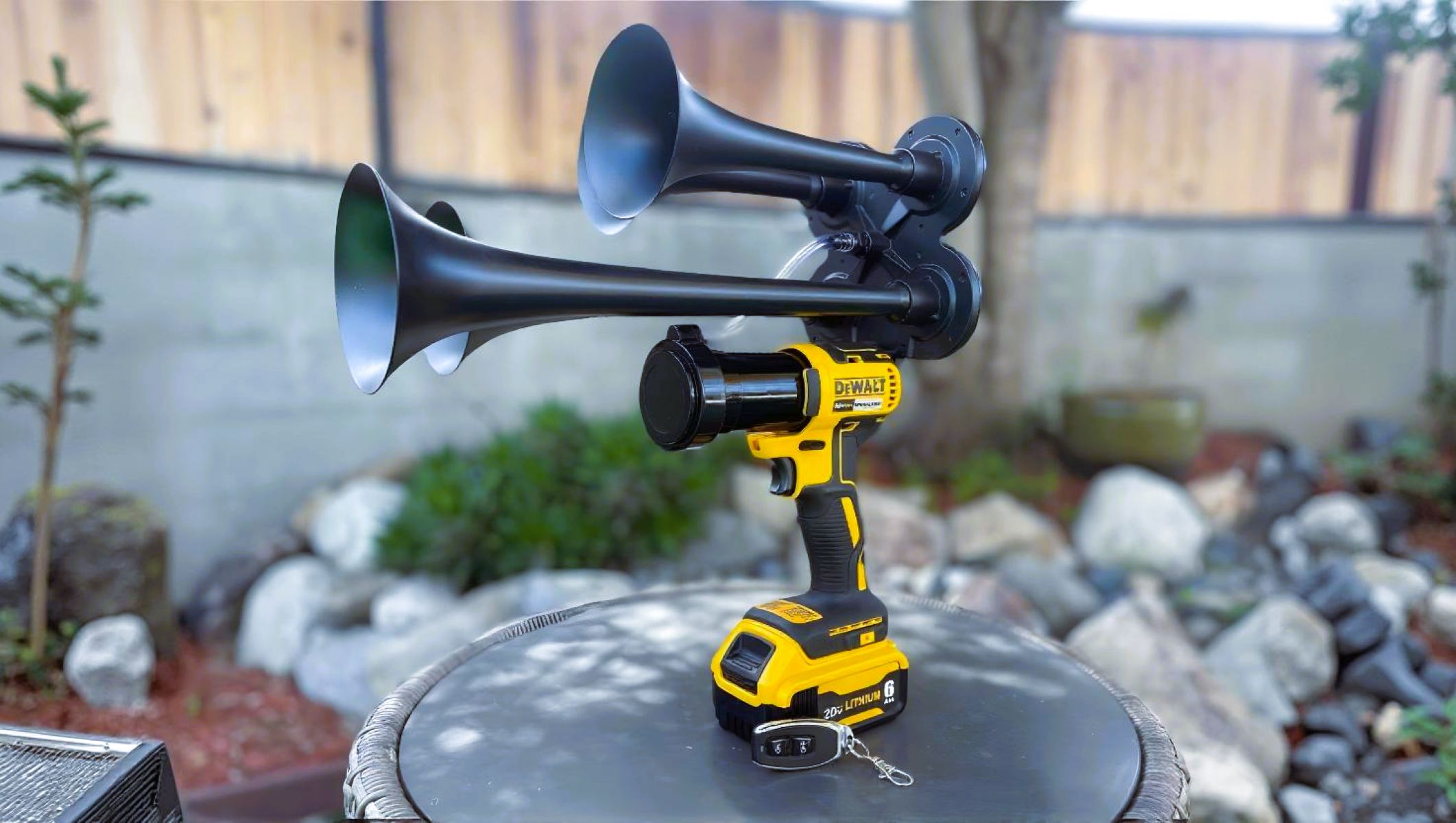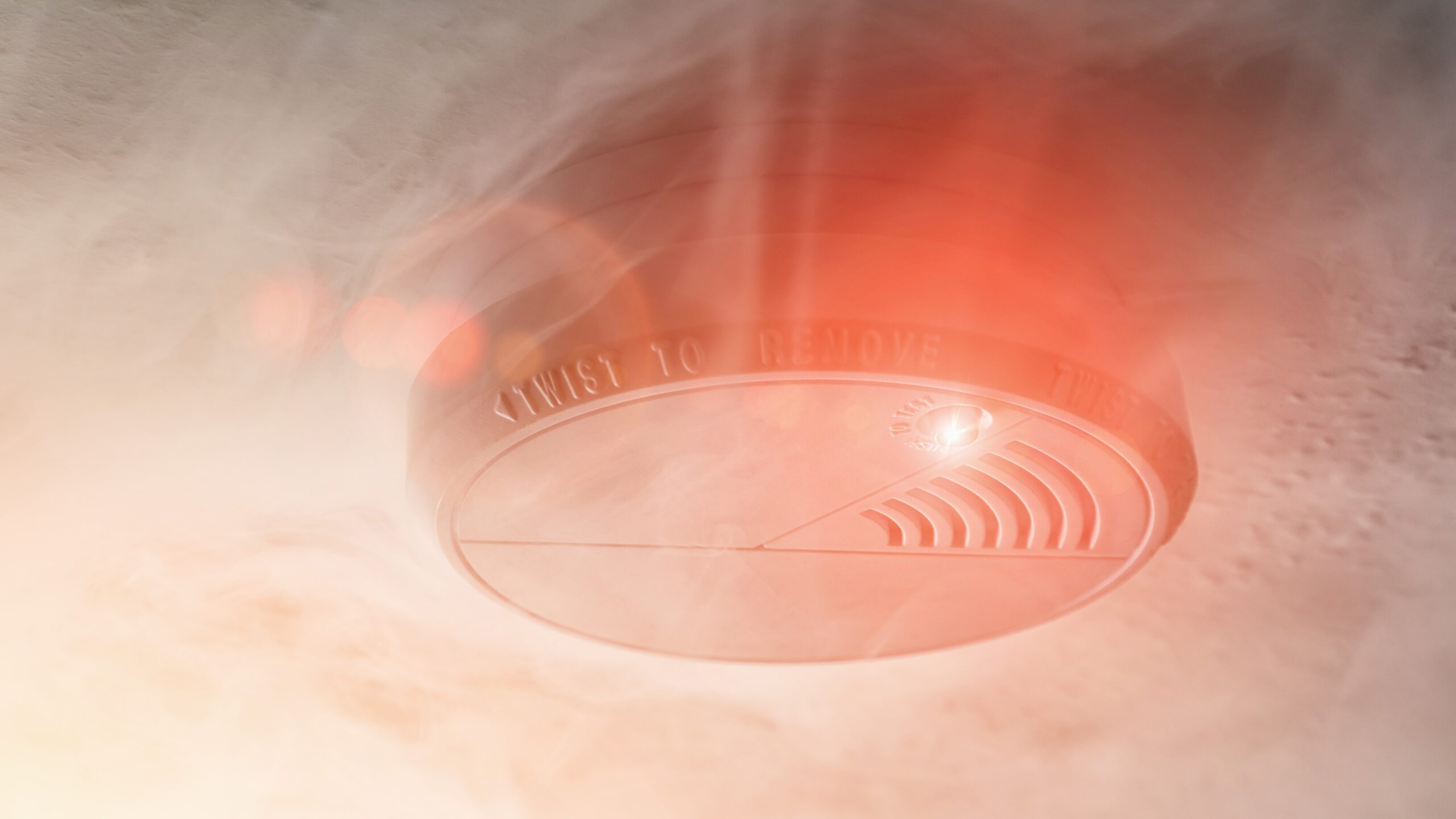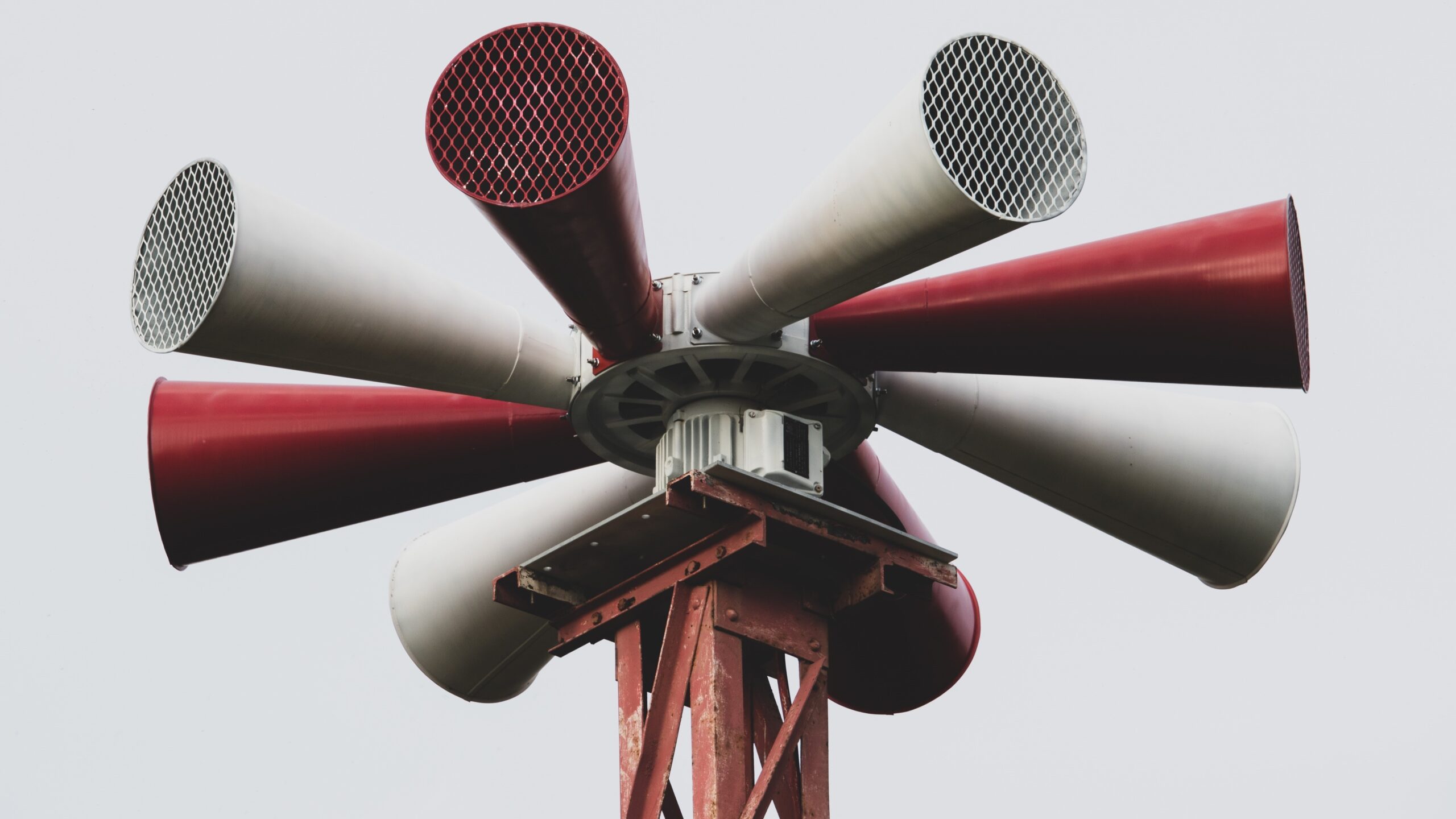When you think about signaling devices, what comes to mind? Likely, your first thought is a standard car horn or an emergency siren. But what if I told you there’s a world of custom sound signaling devices out there, designed to grab attention and leave a lasting impression? Whether it’s for a vehicle, a commercial application, or personal use, these devices can be tailored to meet specific needs, all while making a bold statement.
What Are Custom Sound Signaling Devices?
Custom sound signaling devices are specialized audio tools crafted to communicate messages, signals, or warnings through sound. Unlike traditional signaling devices that emit a single, generic noise, these custom devices can be tailored to produce a wide range of sounds, from emergency sirens to musical cues. This flexibility allows for a more precise and effective way to capture attention or convey information. Custom sound signaling devices can serve various functions, whether it’s for safety, communication, or simply for making a statement.
One of the main reasons custom sound signaling devices are so popular is their ability to be personalized. You can select a sound that perfectly fits the purpose of the device, whether you need it for a vehicle, a commercial space, or an event. For example, a custom horn for a car can reflect the personality of the driver, while an alarm system for a business can incorporate a tone that aligns with the company’s branding or theme.
In addition to personalization, these devices offer an enhanced level of performance compared to standard, off-the-shelf options. Custom sound devices can be designed with advanced features, such as programmable tones, adjustable volume, or the ability to play complex sound sequences. This makes them much more versatile and functional, whether they are used for public announcements, emergency alerts, or even entertainment purposes.
Lastly, custom sound signaling devices also stand out for their aesthetic appeal. Not only can the sound be customized, but the design of the device itself can be tailored to suit the environment in which it will be placed. Whether it’s a sleek, modern design for a high-end vehicle or a rugged, industrial look for a factory alarm, the appearance of these devices can be as unique as the sound they produce. This attention to both form and function makes custom sound signaling devices a great choice for those looking to make an impact.
Why Choose Custom Sound Signaling Devices?
You might wonder why opt for custom devices when there are plenty of standard options readily available. The truth is, custom sound signaling devices offer greater versatility and a unique quality that standard devices simply can’t match. Below are some key reasons to choose custom sound signaling devices:
- Branding: For businesses, a custom sound can become an integral part of your brand identity. Think of how recognizable certain sound effects are in advertising or movies. A unique sound associated with your company can leave a lasting impression and make your brand more memorable.
- Enhanced Safety: In critical situations such as emergency warnings, a custom tone or pattern can be more easily recognized compared to generic beeps or sirens. This ensures your signal cuts through the noise and grabs attention when it matters most, increasing overall safety and response time.
- Increased Attention: Whether it’s for a vehicle, an event, or a special promotion, a custom sound will attract more attention than a typical signaling noise. A unique sound can help distinguish your vehicle in traffic or ensure that important announcements at events are heard clearly from afar.
- Creative Expression: Custom sound devices allow for greater creative freedom. Whether you’re designing a quirky car horn or crafting a custom alarm system for a business, these devices give individuals and companies the opportunity to showcase their personality or brand in an auditory form.
Types of Custom Sound Signaling Devices
| Type of Device | Description | Examples | Use Cases | Customization Options |
| Custom Vehicle Horns | Custom horns designed to make vehicles stand out with unique sounds. | – Musical Horns – Air Horns |
– Express personality in vehicles – Stand out in traffic |
– Sound design – Volume – Tone and pitch adjustments |
| Sirens and Emergency Warnings | Specialized sounds used for emergency or industrial warnings. | – Firetruck Sirens – Industrial Alerts |
– Emergency vehicles – Workplace hazard alerts |
– Custom tone – Volume – Timing |
| Custom Event Signaling | Sound devices tailored for events to manage crowd flow or signal transitions. | – Starting and Ending Signals – Crowd Control |
– Sports events – Concerts – Large gatherings |
– Tone selection – Timing – Volume adjustments |
| Audio Branding Devices | Sounds used by brands to create a unique audio identity for their products. | – Product Sound Effects – Door Chimes |
– Retail stores – Restaurants – Hotels |
– Sound association with brand – Custom chime melodies |
| Alarm Systems | Devices designed to alert people to a specific threat or situation. | – Home Alarms – Industrial Alarms |
– Home security – Factory hazard detection |
– Alarm patterns – Volume – Sound frequency |
How Do Custom Sound Signaling Devices Work?
The technology behind custom sound signaling devices is both fascinating and intricate. These devices use specialized mechanisms to generate unique sounds tailored to specific needs. Depending on the type of device, they can utilize different technologies to produce a variety of sounds, from simple horns to complex musical tones.
Custom signaling devices generally rely on two main technologies to create their sounds: electromechanical technology and digital sound playback. Electromechanical devices, such as horns, bells, and sirens, generate sound through mechanical means, which could involve vibrating air or metal components. These are often used for loud, attention-grabbing signals that are straightforward and effective. On the other hand, more advanced custom sound devices use digital sound playback, where a digital soundboard is used to play back pre-recorded files through speakers. This allows for a greater range of sounds, including music, voice messages, and even sound effects.
The customization process is where things really get exciting. The tone, volume, pitch, and rhythm of the sound can all be adjusted. Tone modulation is used to alter the pitch of the sound, allowing for everything from high-pitched musical notes to low-frequency warnings. In some devices, the sound can be programmed to repeat specific patterns or rhythms, which is ideal for functions like alarms or signals. More advanced devices allow for digital sampling, meaning entire soundtracks or voice commands can be played, making them versatile for various applications.
Installation of custom sound signaling devices is tailored to their purpose. For instance, a custom vehicle horn typically needs to be wired into the car’s electrical system to function properly, while devices for events may be more easily controlled via soundboards or microphones. This flexibility allows for seamless integration into different environments, from cars to large public events, ensuring that the devices serve their intended purpose efficiently.
Applications of Custom Sound Signaling Devices
Custom sound signaling devices can be used in a variety of scenarios to make a bold statement, enhance functionality, or improve communication. Here are some key applications:
- Custom Horns for Cars and Trucks: A custom vehicle horn can make a ride unforgettable by adding a personal touch to the sound. Whether it’s a vintage tone, a quirky jingle, or a super loud air horn, a custom horn ensures that your vehicle stands out on the road.
- Emergency Alerts in Hospitals: Hospitals often rely on custom sound signaling devices to quickly alert staff to different types of emergencies. Specific tones or signals are used to differentiate between critical situations and minor issues, allowing staff to react appropriately.
- Custom Sound in Theme Parks: Amusement parks and theme parks use custom sound devices to create a unique atmosphere. Sounds for ride start signals, safety alerts, and themed announcements enhance the immersive experience for visitors, making the park feel even more exciting.
- Custom Sound for Special Events: Custom sound signaling is often used at weddings, festivals, and corporate events to highlight important moments. Whether it’s marking the beginning of a ceremony, announcing the entrance of a speaker, or coordinating a fireworks display, the right sound adds to the overall experience.
- Enhanced Security Systems: Custom sound signaling devices play a crucial role in high-end security systems. An unexpected or distinct sound can serve as a deterrent for intruders while simultaneously alerting security personnel to respond to a potential threat.
Benefits of Custom Sound Signaling Devices
| Benefit | Description | Example | Use Cases | Customization Options |
| Better Recognition | Custom sounds are more distinctive and memorable than generic alarms. | A unique jingle for a retail store alarm. | – Retail stores – Offices – Public spaces |
– Tone selection – Rhythm – Sound effects |
| Increased Safety | Custom tones can stand out more clearly in emergencies, reducing confusion. | Specific alarm sounds for different hazards. | – Hospitals – Factories – Public transport |
– Volume – Frequency – Pattern of sound |
| Brand Identity | Custom sounds enhance brand recognition, leaving a lasting impression. | A store door chime or product sound effect. | – Retail businesses – Marketing campaigns |
– Sound design – Branding associations – Musical elements |
| Flexibility | These devices can be used in a variety of settings, from personal to commercial. | Event signaling or custom vehicle horns. | – Vehicles – Events – Industrial sites |
– Installation options – Sound variation – Adaptable for different environments |
Choosing the Right Custom Sound Signaling Device
Selecting the right custom sound signaling device requires careful consideration of several important factors. First, you should define the purpose of the device. Are you looking for something that will grab attention with a loud, piercing sound, or do you need a subtler tone that conveys information without overwhelming the space? Identifying the role the device will play helps you narrow down the options that will work best for your needs.
Next, consider the level of customization required. Some devices allow for extensive control over the sound, offering options to adjust the pitch, volume, and even create entirely unique sounds. If you plan to change the sound regularly or need a wide variety of tones, choose a device that provides flexibility. For example, a digital sound board might be a better choice for those seeking high customization.
The environment where the device will be used is another key consideration. Different settings—whether outdoor or indoor—will impact the sound quality and volume needed. A device that works well in an open, noisy environment may not be suitable for a quiet, enclosed space. Be sure to think about where the signaling device will be placed to ensure it performs effectively in that environment.
Lastly, consider the power and volume requirements of your chosen device. In some applications, like emergency systems or large public events, the signal needs to be loud and clear enough to cut through surrounding noise. If your situation requires a louder sound, make sure the device you select can meet these demands without compromising on sound quality.
Key Considerations for Custom Sound Signaling Devices
When choosing a custom sound signaling device, it’s essential to keep in mind several critical factors to ensure the device will effectively meet your needs. Below are some key aspects to consider:
- Purpose and Functionality: Before diving into the customization options, it’s important to understand the specific function of the device. Do you need it for emergency alerts, branding, or crowd control? The purpose will influence the sound type, volume, and design you select.
- Customization Level: Not all sound devices offer the same level of customization. For businesses, a high degree of customization is often essential, especially if you want the sound to be tied to your brand identity or to differentiate your system. Consider whether you need a device that can change sounds on the fly or one with a fixed sound pattern.
- Environmental Compatibility: Different environments will require different types of sound devices. A custom horn for a car will need to stand out on busy streets, while an alarm in a quiet office needs to be distinct but not disruptive. Consider whether your device needs to be weatherproof, portable, or suited for a specific space.
- Volume and Reach: The power of the sound plays a significant role in its effectiveness. Will the signal need to travel long distances, or will it be contained in a smaller area? Emergency vehicles, for example, require louder, more intense signals compared to smaller, more localized applications.




